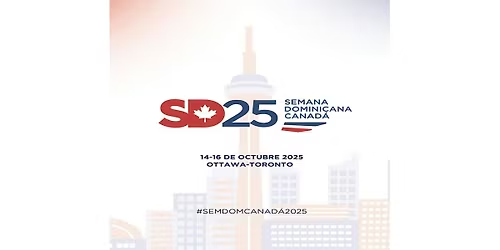Statistics, Calibration Strategy & Data Processing Analytical Measurements
Schedule
Tue Oct 14 2025 at 08:30 am to 05:00 pm
UTC-04:00Location
25 Templeton St | Ottawa, ON

About this Event
Abstract
Over the past few decades, instrumental analysis has come a long way in terms of sensitivity, efficiency, automation, and the use of sophisticated software for instrument control and data acquisition and processing. However, the full potential of such sophistication can only be realized with the user’s understanding of the fundamentals of method optimization, statistical concepts, calibration strategies and data processing, to tailor them to specific analytical needs without blindly accepting the output data provided by the instrument.
The objective of this course is to provide the necessary knowledge to strategically exploit the full potential of such capabilities and commonly available spreadsheet software. Topics to be covered include Analytical Statistics, Propagation of Errors, Signal Noise, Uncertainty and Dynamic Range, Linear and Non-linear Calibration, Weighted versus Un-Weighted Regression, Optimum Selection of Calibration Range and Standard Intervals, Gravimetric versus Volumetric Standards and their Preparation, Matrix effects, Signal Drift, Standard Addition, Internal Standards, Drift Correction, Matrix Matching, Selection from multiple responses, Use and Misuse of Dynamic Range, Evaluation and Visualization of Calibrations and Data from Large Data Sets of Multiple Analytes using EXCEL, etc. Although the demonstration data sets will be primarily selected from ICPES/MS and Chromatographic measurements, the concepts discussed will be applicable to any analytical technique, and scientific measurements in general to benefit a broader audience.
Please note that the language of instruction is English only.
For further inquiries: [email protected]
Learning objectives
After this course, participants will be familiar with:
- Statistical concepts and errors relevant to analytical measurements and calibration.
- Pros and cons of different calibration strategies.
- Optimum selection of calibration type, standards, intervals
- Practical strategies for efficient preparation of calibration standards.
- Efficient use of spreadsheets for post-processing of data, refining, evaluation, and validation.
- Critical thinking in analytical method development and data processing.
Targeted Audience (Internal and External)
- Laboratory personnel
- Graduate/Hon. Students**
- Scientific Researchers/Technicians (in academia, industry and government)
**Discounted fee ($400 off regular price) available for students - please email us at [email protected] with your student number and supervisor's name to receive the code for use during checkout!
Agenda
🕑: 08:00 AM - 08:30 AM
Arrival and coffee
🕑: 08:30 AM - 10:00 AM
Session I
Host: Nimal De Silva
🕑: 10:00 AM - 10:30 AM
Break
Host: Nimal De Silva
Info: *10 - 10:15AM
🕑: 10:00 AM - 12:00 PM
Session II
Info: **10:15AM - 12PM
🕑: 12:00 PM - 01:00 PM
Lunch break (food and drinks provided)
🕑: 01:00 PM - 03:00 PM
Session III
🕑: 03:00 PM - 03:30 PM
Break
Info: ** 3 - 3:15PM
🕑: 03:30 PM - 05:00 PM
Session IV
Info: **3:15 - 5PM
🕑: 05:00 PM - 06:00 PM
Informal question period / departure
Where is it happening?
25 Templeton St, 25 Templeton Street, Ottawa, CanadaEvent Location & Nearby Stays:
CAD 528.51 to CAD 954.52




















